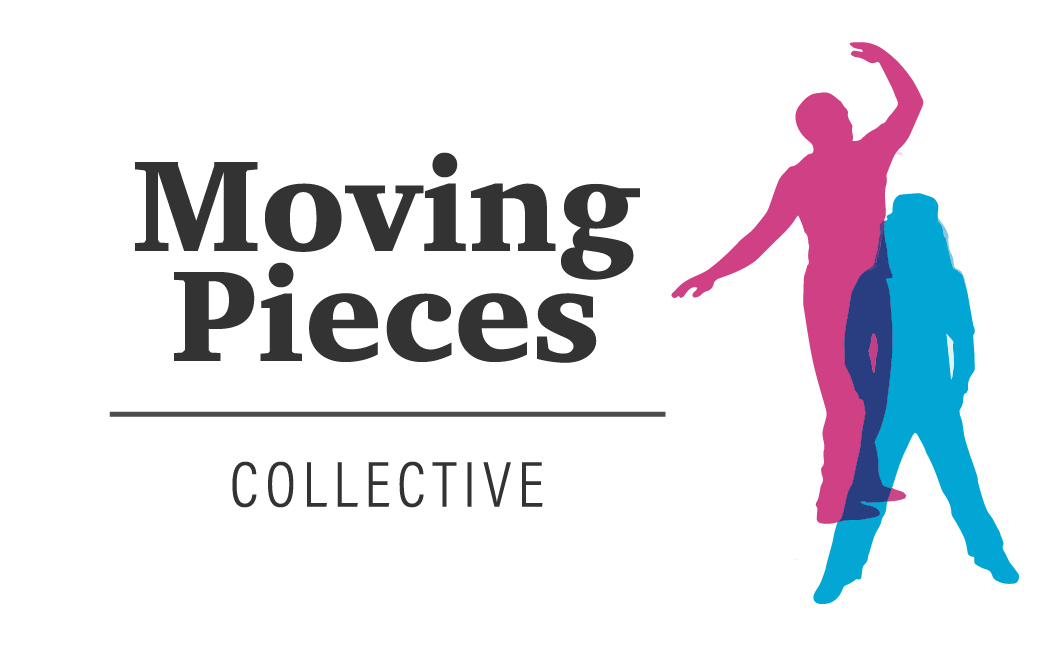Thoughts on orientation and how we experience the world
Baudelaire’s poem “Elevation” speaks of perspective “arise and cleanse yourself in higher air”. How a change in orientation can alter your state of mind. A similar principle is embedded in many exercises we explored in the “Making a Mask: Stories From the Body” workshop series, but most overtly in an exercise where the invitation was made by Charlie to walk around the space and shift between three gears in orientation; “body part”, “audience” and “world.”
Examining a body part made one’s orientation extremely focused, and the feeling that came with that was distinctly introverted. When looking out to the audience (in this case the other participants) one’s outlook opened up, it felt like there was a possibility for conversation or chance for encounter. When the invitation was to look out to the world, I noticed my breathing slowed and I felt a sense of calm, a pleasant sense of how micro I am in the vast, spacious and glorious world.
It also became apparent which perspectives were within the realms of personal pattern, and which were more unusual and less explored. The exercise seemed to be such a simple yet beautiful tool, that could be used with ease in everyday life. The physical shifts were palpable, this was noticeable in breathing and outlook. I found that I felt more relaxed when looking out into the world instead of obsessing inwardly. I saw myself through a different lens, and I was relieved of some stress and tension.
The experience made me think of Baudelaire’s poem because, the poem speaks of how we experience the world, to an extent, is our choice. He suggested that perspective and orientation are the key to this.
My perspective in my secondary and third mask (chalk drawings inspired by the “mothership mask’s” duality) felt much more like a conversation like with the “audience” perspective, they spoke to each other but also were interested in the world. Whereas my “mothership mask” had a very internal outlook, closer to the “body part” perspective. I believe this is perhaps why I felt this mask was a struggle to connect with. It was searching inward for answers that had not yet been born into my consciousness. It was only after this experience of flailing, that what was unconsciously thought began to seep through into what could be consciously accessed and contemplated. It reminded me that I needed to trust in the journey, and that it can take time to find “higher air”.
